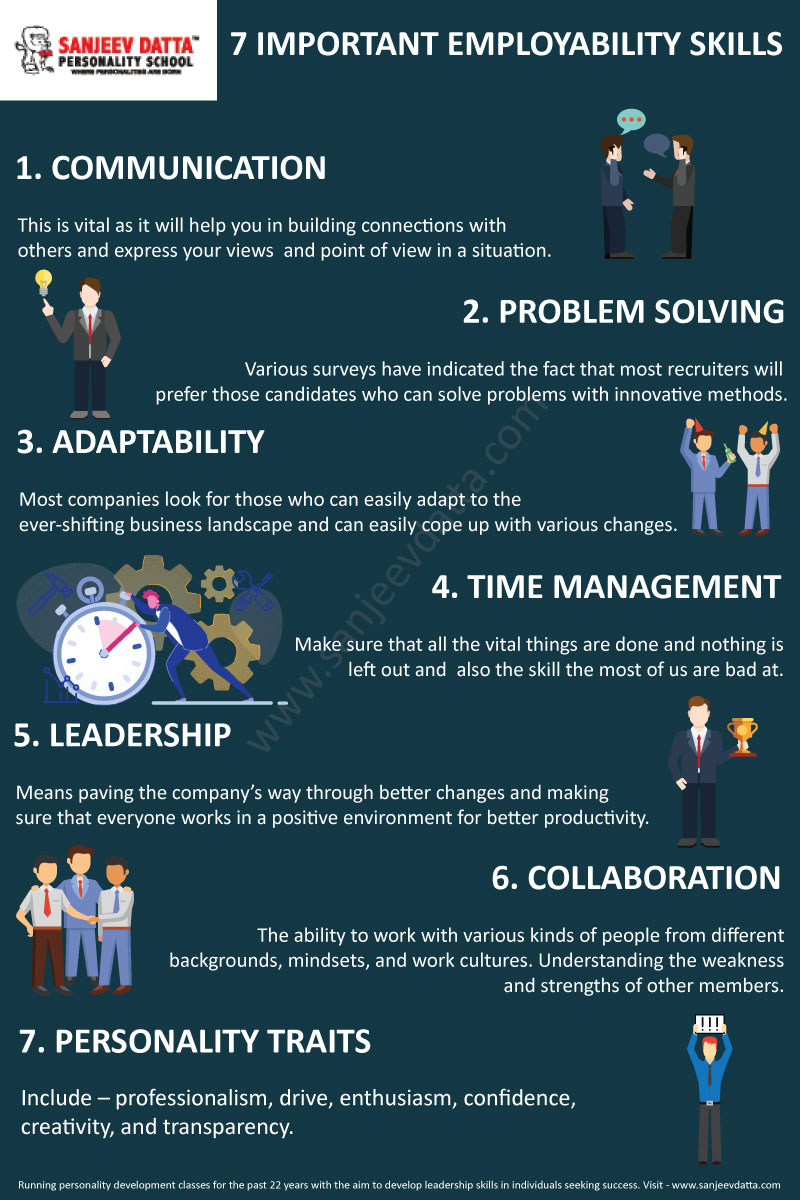The process of balancing life, learning, and work across a lifetime is known as career development. It applies to everyone during their early childhood development, youngsters consider what they want to accomplish as adults and begin to acquire notions about employment and adult life. Career development refers to the process by which an individual’s occupational status may change. It is the process of making long-term learning decisions to link personal demands for physical or psychological fulfillment with prospects for job progress. Employee enthusiasm and productivity are boosted through career development. You can attract and retain great talent by focusing on career development. Career development strategies are an action, activity, or experience that a person engages in to assist them to achieve their career objectives. A career plan is an individual’s deliberate decision about the level of investment he or she is willing to make to achieve professional goals.
Successful Career Development Strategies to look for:
1. Curate Mentor Relationships:
A mentor is both a teacher and a supporter. This is someone that will assist you in advancing your career while also promoting your skills. Keep in mind that having multiple mentors is beneficial. Perhaps you’ll meet someone at a professional networking event and also locate a mentor in your place of business. Forming relationships with mentors is important, as it will help you learn. Personality development training finds mentorship important as the more mentors you have the more you learn.
2. Start Developing New skills:
Developing new skills is a career strategy that involves the acquisition or enhancement of work abilities that either improve performance in the present job or will be required in a subsequent position. Skill development can involve formal occupational training as well as experiential learning. Skill development can include activities such as participation in training seminars, degree or nondegree university programs, or attendance at a leadership development workshop. Employees can also develop skills by acquiring additional responsibilities on their current jobs, working with an experienced colleague, or joining occupational associations that sponsor continuing education.
3. Start Building your Image and Reputation:
In this strategy, individuals try to project a sense of achievement and suitability. While this type of technique isn’t necessary for all or most instances, previous research has indicated that a large percentage of employees invest in image development because they believe it is crucial for their career advancement. Building one’s professional reputation is crucial since it is assumed that a person’s previous experiences and successes would translate to future success. As a result, concentrating on developing a positive work reputation can help a person’s employability independent of the employer. Personality education focuses on building one’s image and reputation.
4. Make a Strong Network at Work:
Creating new prospects at work entails a variety of more specific techniques aimed at broadening one’s professional alternatives. Networking is another important professional technique in this area, which is identifying and communicating with a group of relevant acquaintances and friends who may provide information, advice, and support about job chances. By creating new opportunities for yourself, you will tend to get more exposure which will help in developing more career opportunities.
Visit: 7 adaptability skills in workplace
5. Seek challenges:
If you never stretch your wings, you’ll never learn to fly, therefore step outside of your comfort zone and ask for additional duties. Volunteering for that new customer presentation will demonstrate your eagerness to learn and work hard. Inform your manager that you are looking for new challenges.
6. Establish Bonds with Superiors:
You should endeavor to engage with other senior leaders at the organization in addition to your employer. Even if you just meet these folks in the elevator, they can have a significant impact on your career. So, instead of standing silent on your walk to the floor, strike up a pertinent conversation or ask to be included in a meeting with these powerful people. By doing this, people will start to acknowledge you and you will get recognized which will help you in getting more opportunities.
Visit: importance of organizational behavior
7. Keep Learning:

Successful Professionals are continually learning. You must adopt the same mentality and take action to improve your talents. The more relevant talents you have, the more valuable you’ll be to firms. Also, keep up with industry news and events, as well as trends that may affect your employment in the future. The more you learn the more you know, which will benefit you in standing out and getting tremendous career opportunities.
Visit: benefits of corporate training
These were some career development strategies to help you succeed in your life. Self-actualization begins with long-term career ambition. You may be proactive about your skill development and talk with your managers if you plan ahead of time. In your field of work, shifting sands are less likely to catch you off guard, and you’ll have more time to adjust your path. That’s why it is essential to learn career development tactics.
Our focus is to connect with the individual on a personal-professional level and develop his/her skills. In our course, we offer:
- Interview Training
- Leadership
- Presentation Training
- Social Boldness
- Dressing Etiquette
- Office Etiquette
- Communication Skills
- English Speaking
- Anger Management
- Time Management
- Team Building
- Performance Enhancer
- Soft Skills
- Goal Setting
- Career Counselling
- Listening Skills
- Meditation
For more details, contact us now!









